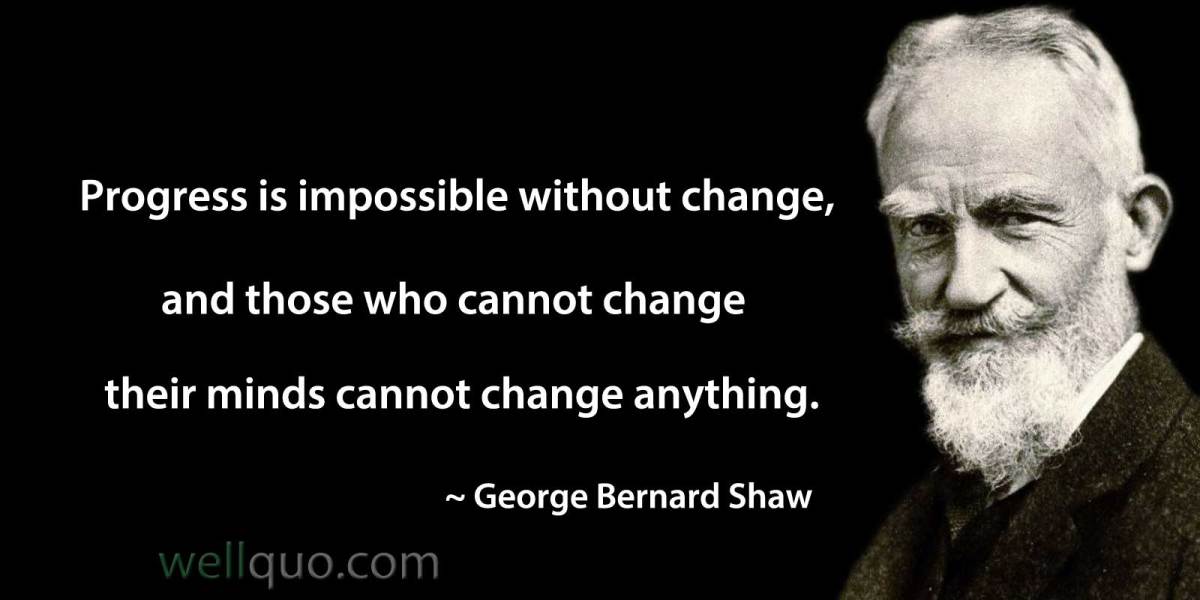Common Features of the Pre-Battle Speech: From Twelfth Century King Arthur to Mel Gibson in Braveheart
The speech before battle has long been a staple of epic war movies. From Braveheart to Independence Day to the Lord of the Rings, there's nothing like the hero making a rousing speech before leading his men into battle to get our spines tingling and adrenaline flowing. It's even gotten to the point where we expect the battle speech, and feel a bit let down if the director hasn't managed to come up with something spectacular.
But the pre-battle speech is more than just a Hollywood staple, and can actually be found in texts as early as the middle ages. In the 12th century, one Geoffrey of Monmouth, in his chronicle on King Arthur, managed to pen a pre-battle speech that puts Jerry Bruckhiemer to shame, especially since it kicks the pants off the rather lame speech made in Bruckheimer's 2004 big-screen version of King Arthur (directed by Antoine Fuqua and starring Clive Owen as Arthur).

Writing a Good Pre-Battle Speech
So what are some elements that make up a good pre-battle speech? The specific rhetoric used often varies according to time and place, and whether the "good guy" or "bad guy" is speaking, but there are still some key elements by which audiences often subconsciously judge and identify this very particular type of speech.
In film, even though the clothing or the stampeding hordes in the distance signify that a battle speech is being made, the words themselves need to have some resonance with the audience, and be recognizable as a part of this tradition. To do so, the structure of the speech must fulfill the preconceptions that audiences, and society at-large, have deemed acceptable and appropriate for this situation, however fictionalized.
In literature it is much the same, though the burden rests solely on the author to set the stage through narrative choices, rather than the more multifaceted interweaving of setting, screenshots, costume choice, ambient sound, etc.

Common Features of the Pre-Battle Speech
- Appeal to masculinity - Use of designations such as men, soldiers, knights. This appeals to a sense of personhood, connoting maturity, (men, not boys), loyalty his men), and choice (as a man, they choose to fight for their leader or country, rather than as a conscripted soldier or war prisoner). The question also implies a level of respect, of choice. The leader does not simply command, he asks the men to follow him, and asks them to question their own actions.
- Defense of the homeland - Calling upon the obligation or deep-seated rights to land or territory is a great motivator. In a call to defend their land, the implication is not simply about territory, but about defending an overall culture and way of life.
- Differentiation from the enemy - This is a common tactic, and can come on lines of moral, cultural, or even ethnic superiority. The opposing army is not presented as a worthy adversary or worthy of respect due to political, ideological, or even ethnic differences. Dehumanization of the opposing side can be a powerful tool in justifying injuring or killing others, removing feelings of guilt or shame from what would otherwise be considered an immoral act.
- Call for complete destruction - Frequently when a battle speech draws on the theme of differentiation from the enemy, especially dehumanizaton, a secondary theme involves a complete vanquishing of the opposing faction. This theme can function by calling upon bloodlust or battle-madness, and eschewing expressions of mercy or tolerance. The act of emasculation and dehumanization supports this viewpoint, as it is far easier to condone and engage in such widespread slaughter and destruction when the other side is not seen as possessing the same important attributes of humanity, masculinity, right and might.
Excerpts from Geoffrey of Monmouth's Battle Speech
While the language is somewhat archaic, even in translation, this battle-speech still makes for a great read-- especially if you can imagine it being spoken by the likes of Mel Gibson (Braveheart), Laurence Olivier (Henry V), or Viggo Mortensen (Lord of the Rings), dressed in full armor and facing a massive invading Roman army. From History of the Kings of Britain:
My countrymen, who have made Britain the mistress of thirty kingdoms, I pay tribute to your valor, which I judge to be not failing but rather flourishing more and more....you have...perservered, and you have put the Romans to flight. Provoked by their own pride, they wanted to deprive you of liberty, advancing with a greater number, they began to wage battle...they desired to make your country a tributary and to make slaves of you. We who have prevailed in harder conflict shall surely prevail in this easier fight, if with equal passion we labor to crush those half-men. What great honors each of you will possess if as faithful soldiers you obey my will and my orders!"
King Arthur's Battle Speech, 2004
A Montage of Famous Battle Speeches
Includes footage from Lord of the Rings, Thanks to QuoteMotivational for putting this together.







